10 Ways to Balance Body and Mind
Mental and physical health are intrinsically linked. Managing the stresses of a physical condition can be mentally and emotionally exhausting. Here we share 10 strategies for coping when you’re feeling overwhelmed.
1. Breathing exercises
Focusing on your breath is a technique used to lower stress and anxiety. There are many different forms of breathing exercises including belly breathing, nasal breathing, and timing and guiding your breath.
2. Guided meditation
Don’t let the name turn you off! There’s a lot of ways to practice mindfulness and meditation, and finding the right one for you can help slow down racing thoughts, release worries, and focus the body. There can be a learning curve with meditation, so be sure to shop around - with practice it gets easier.
3. Exercise, diet, and vitamins
Emotional wellbeing is both body and mind. Though it’s important to note that these are not cures, how you nourish your body can affect the way you feel. Movement, whether high impact or low, can decrease stress and increase energy.
4. Sleep
There’s no underestimating the importance of sleep. It gives your body and mind the time it needs to recharge and can increase emotional resilience. A good night’s sleep doesn’t come easy to everyone, so finding a schedule for you and even consulting a specialist might be helpful.
5. Laughter: take a break
Laughter is the best medicine? Distraction in the form of entertainment or humor can help relieve the day-to-day physical and mental stress. If you’re in the midst of a stressful situation or environment, you may want to try physically removing yourself and seeking a calmer place.
6. Nature therapy
You’ve probably noticed the joy that comes with taking a walk through the trees, but it may come as a surprise that natural environments really can have an impact on our minds. Being surrounded by nature can provide both an escape and a point of focus when you’re feeling overwhelmed, allowing you to focus on something bigger than ourselves.
7. Acupressure
You’ve probably heard of acupuncture. Acupressure has a similar goal, to release tension, center thoughts, and focus your energy. They both have origins in Eastern medicine. Acupressure uses precise pressure and finger placement over specific points along the body that are known to target stress and anxiety. You can try doing it yourself, or ask a friend or loved one to help you.
8. Thought exercises
We all have days when negative thoughts consume us. These techniques can help to redirect these thoughts. Some exercises involve journaling, affirmations, gratitude, and list-making. For example, you might make a list of your strengths or repeat a positive mantra.
9. Seek out support
Even with these tools in hand, there will be times when it’s difficult to cope on your own. Support can come in lots of different forms. Family, pets, friends, online communities, meetups and support groups - all of these resources can provide a strong foundation for the times when you need reinforcements.
10. Volunteer to help others
Reaching out beyond your social network to help out others can give you a sense of purpose. It allows you to use your skills and energy to make a difference in someone else’s life. Volunteering can take many forms, such as letter writing, donating, or offering your time to a local nonprofit.
Further resources
Sometimes coping becomes impossible to manage on your own, even with the help of loved ones. There is professional help available:
Read more in our collection: IBS and Mental Health: The Vicious Cycle

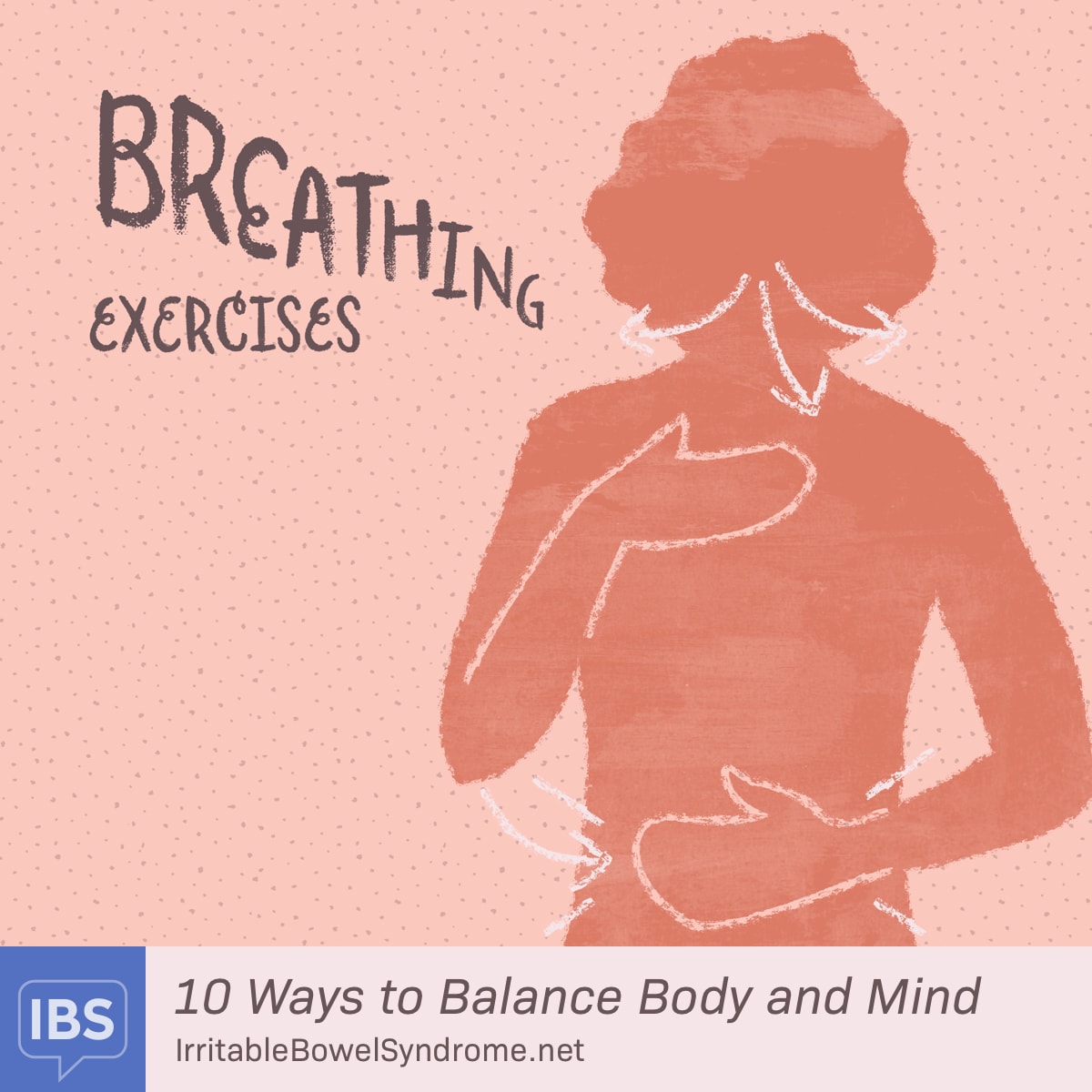
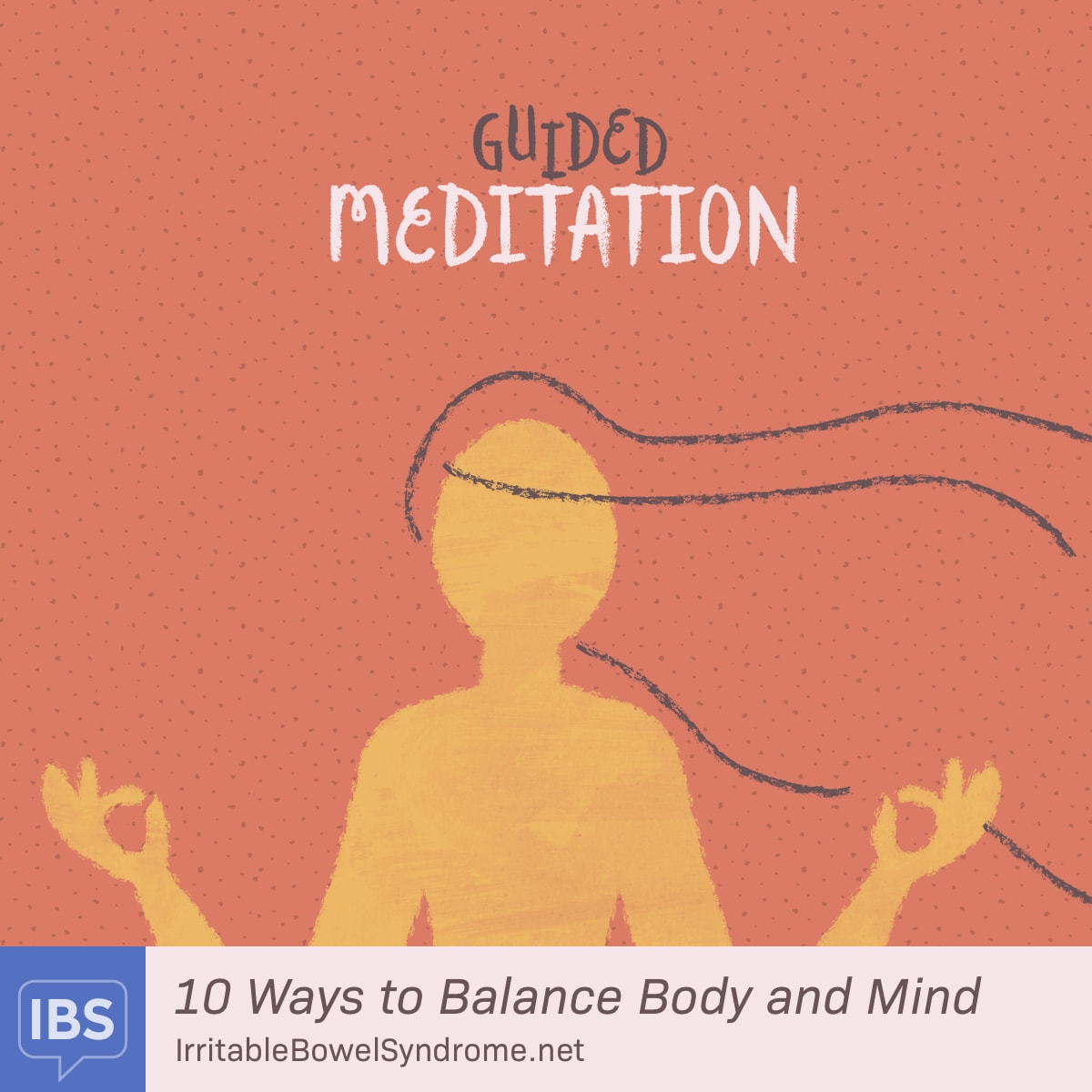
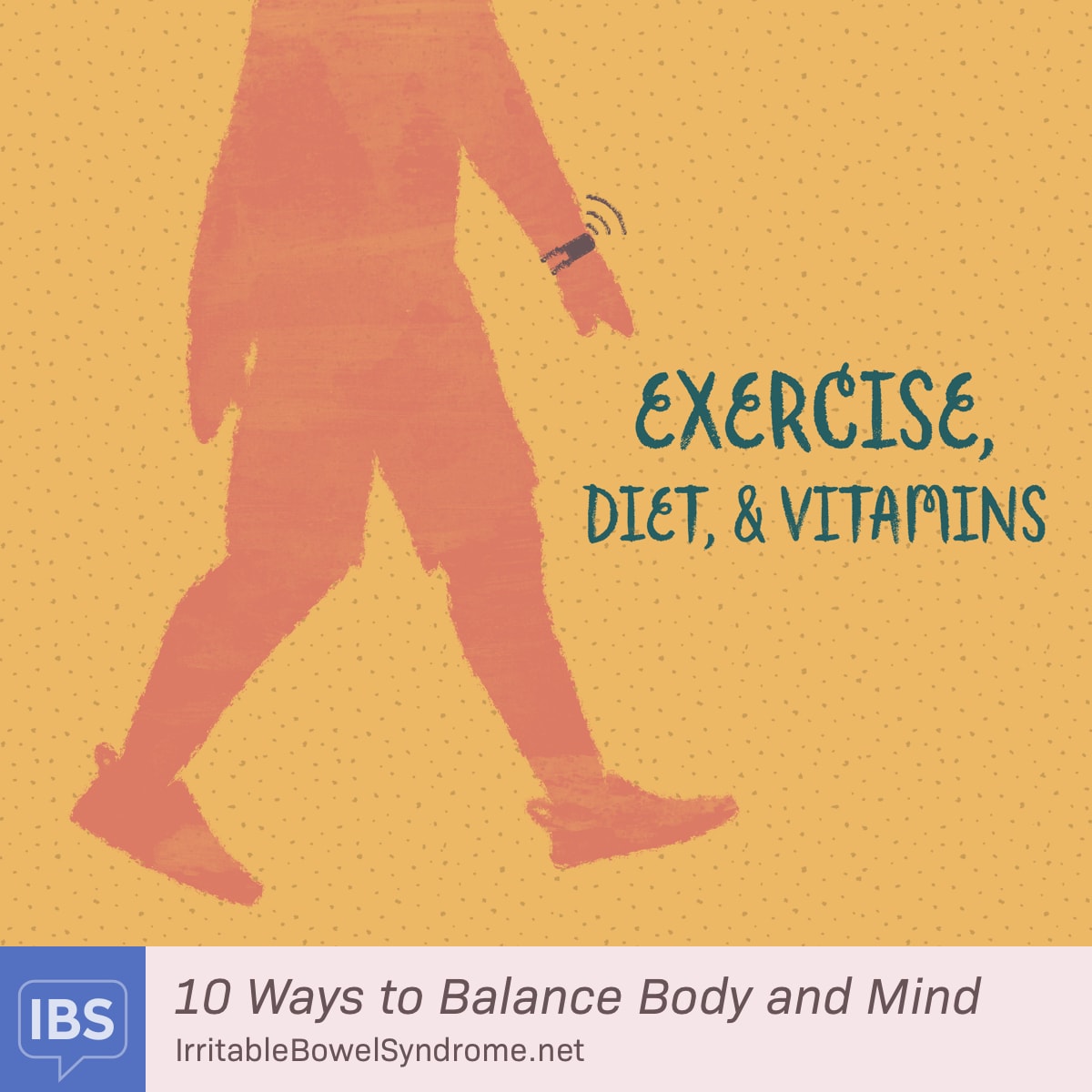
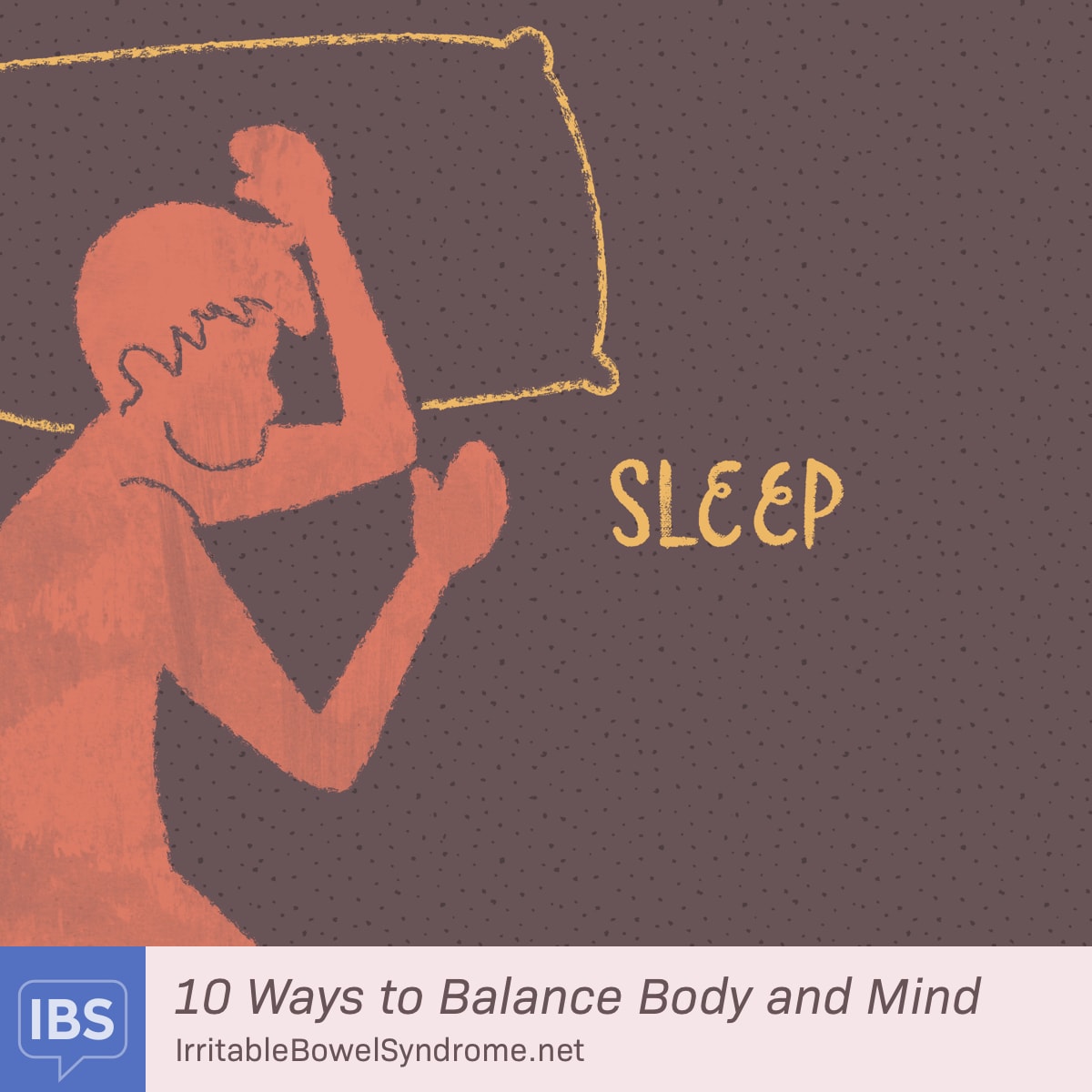
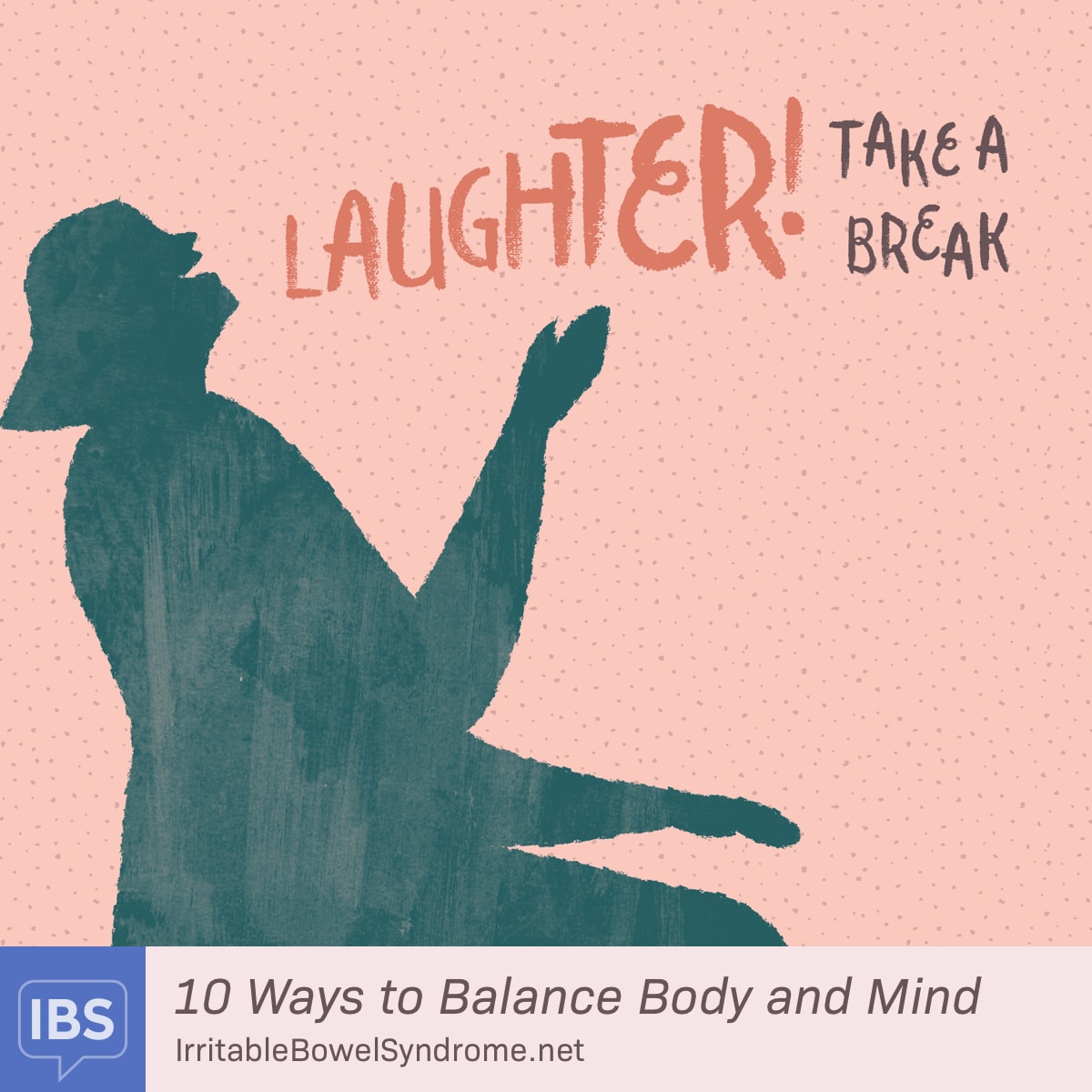
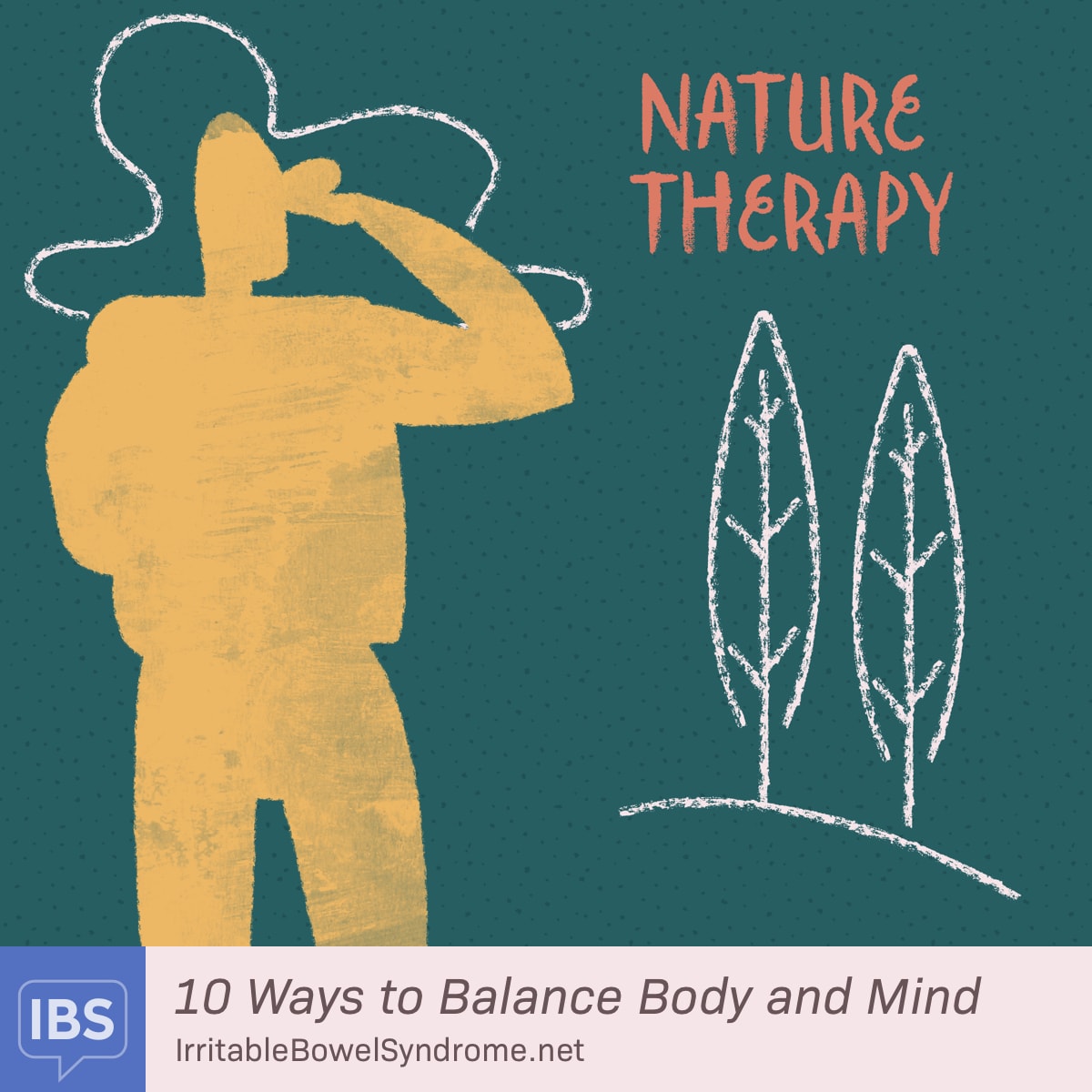
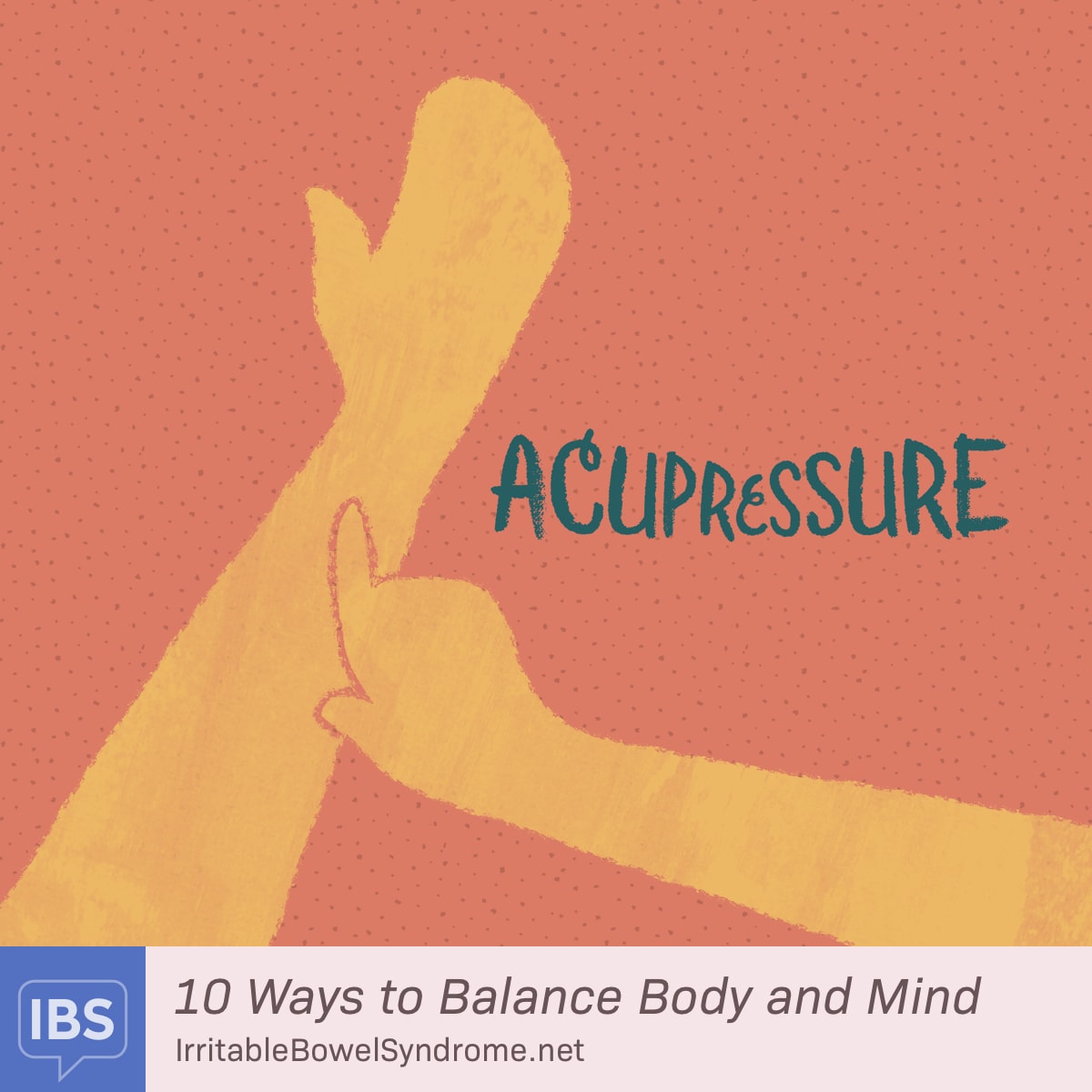
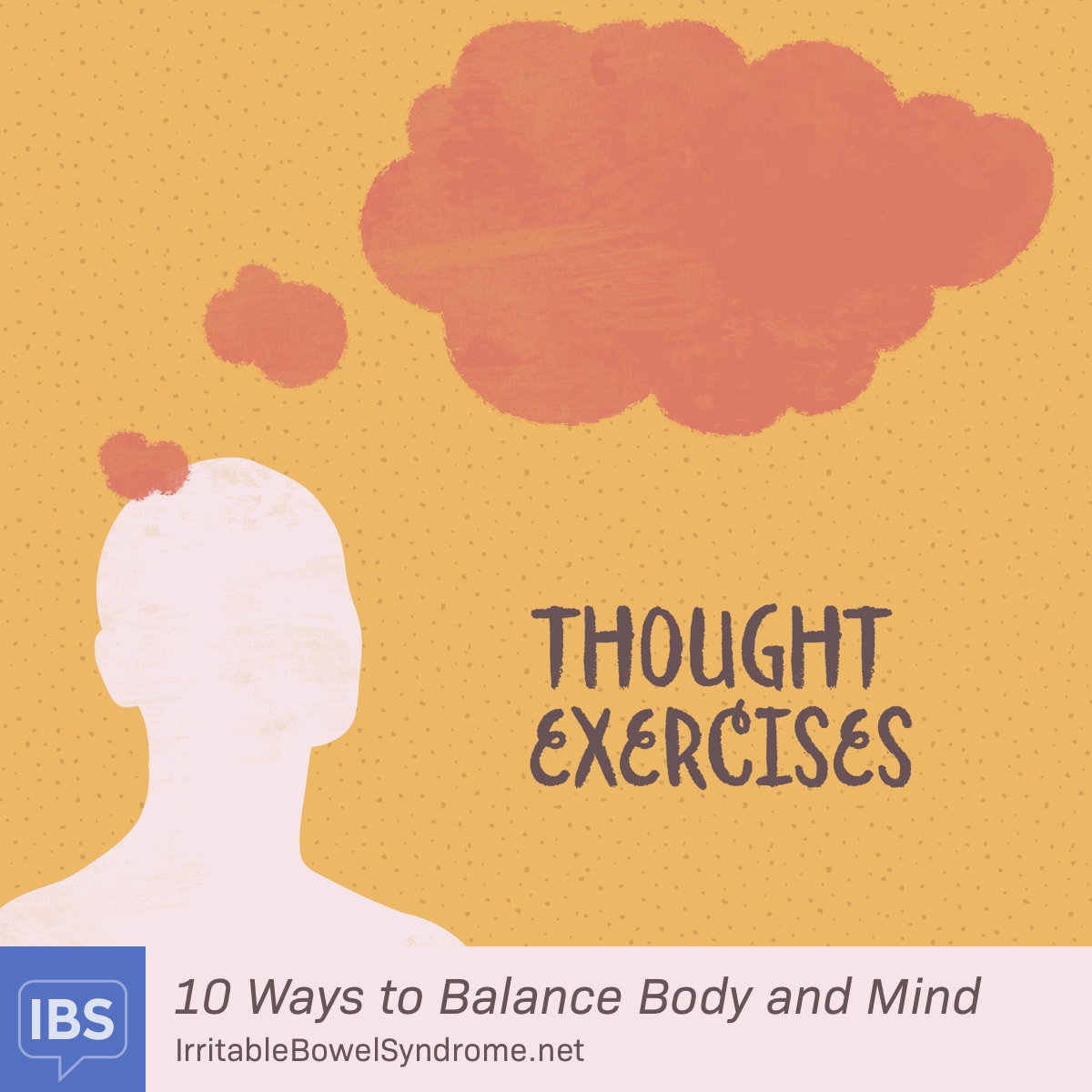
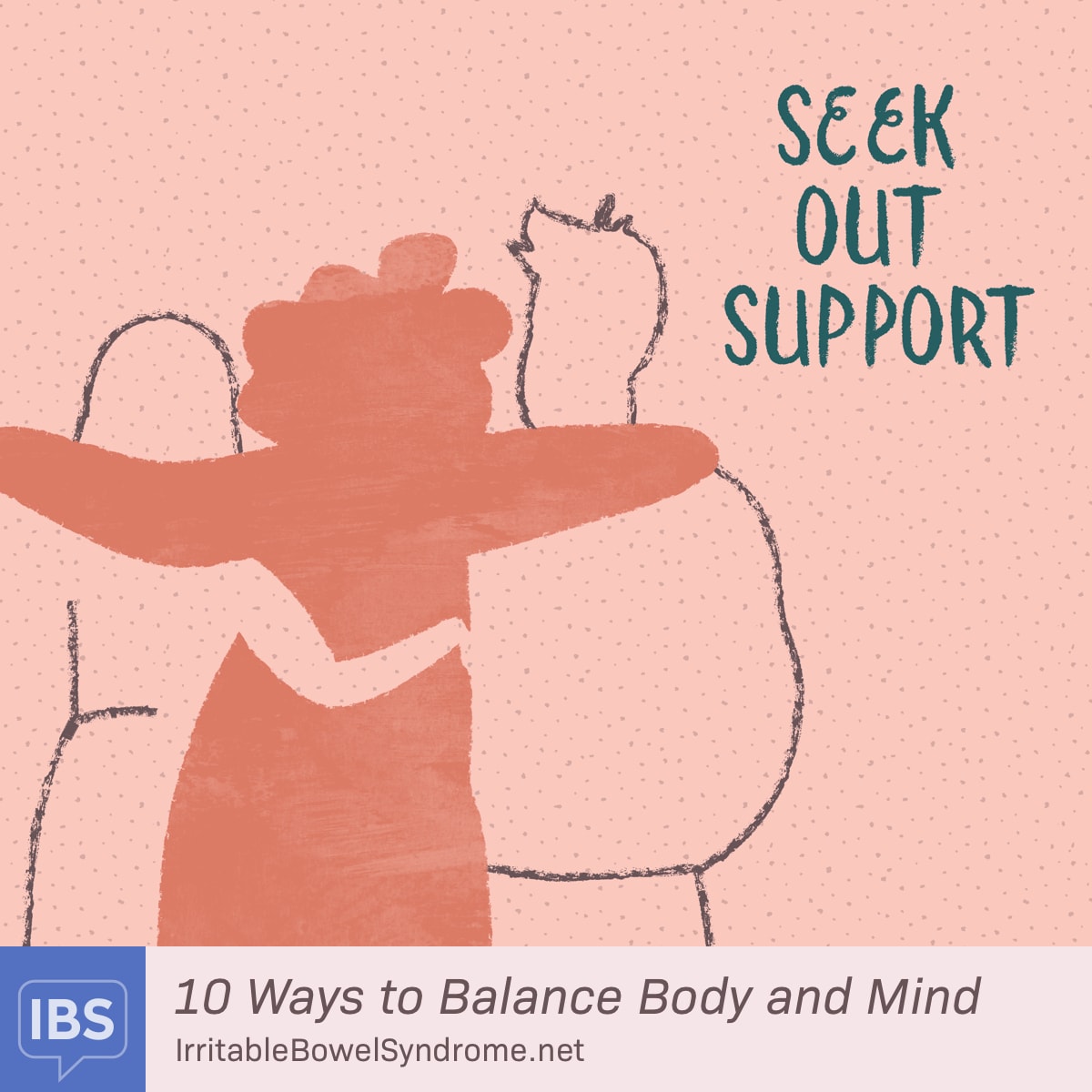
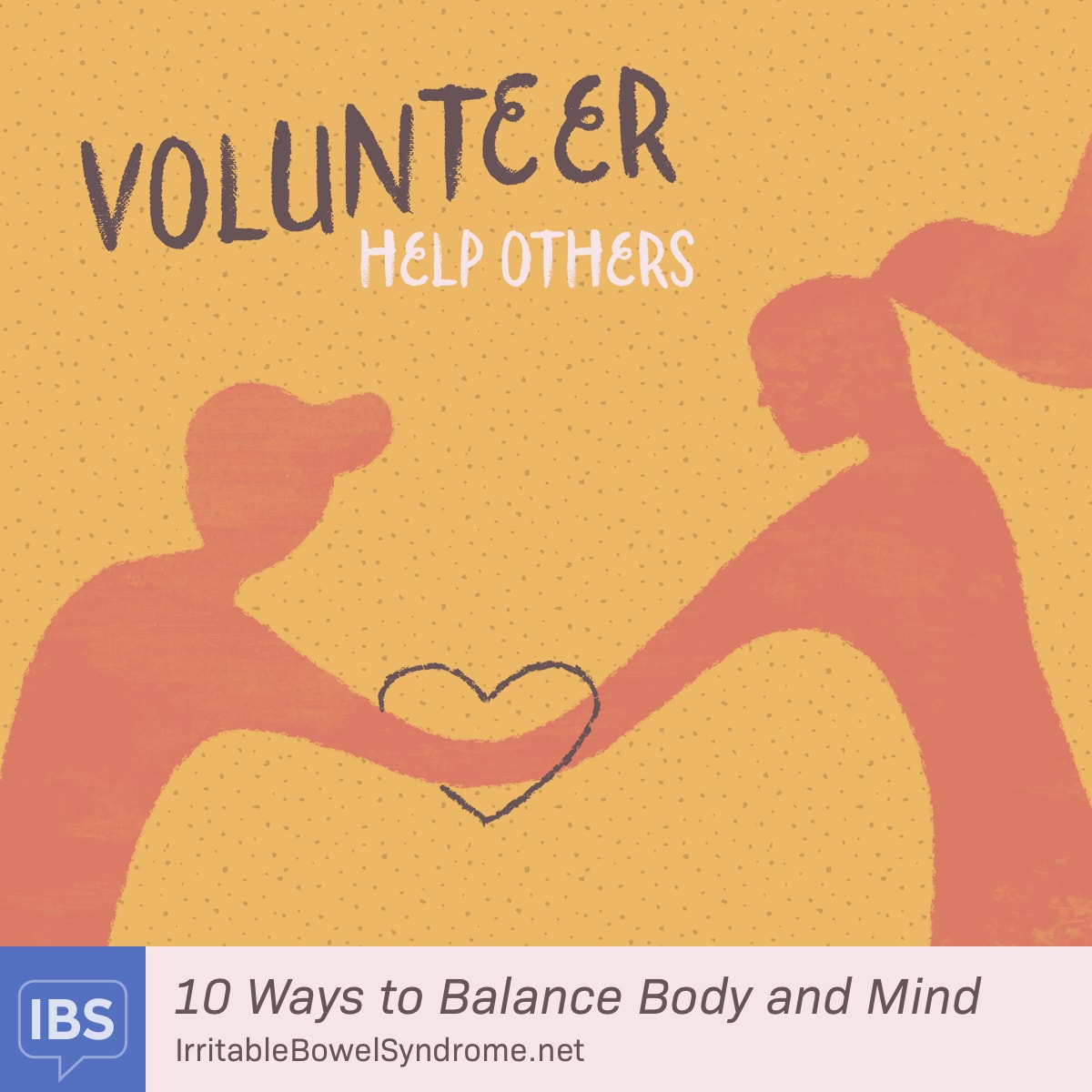
Join the conversation